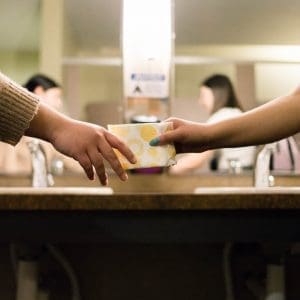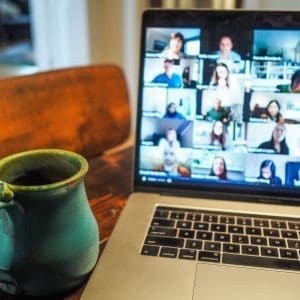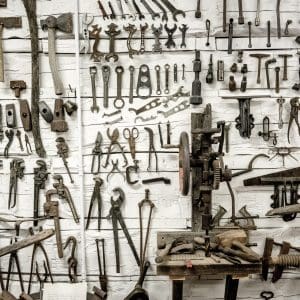Last month, Vinson wrote about the use of wikis in school projects, and it reminded me to dust off some notes I took from a conversation with my daughter Sean MacLennan, late last year. It was a history project about World War II, and the class was asked to compose their reports on a wiki. Sean is a pretty good writer, and she likes to write, so I was interested in her thoughts on the wiki as a medium, and the collaborative process …
Since there were so many parts of WWII, the wiki format helped, because you could break it down into categories – chunk up the tasks into parts. Plus, we could create the categories we wanted, under the outline [stubbed out by] the teacher.
There were 24 kids in the class, but this was a project across multiple history classes [4], so we’re talking about 100 authors. All were split into groups of 3-4, each had to do part of the shared paper. Each group had their own subset of the assignment, and built their own mini-wiki – a home page plus 10 pages of “categories” or topics.
We literally started with a blank sheet. The assignment handout had the high-level outline, but we had to key it into the wiki / web site to get things started.
So, much of the lesson was about the mechanics of the new medium.
Q: How did you carve up the assignment?
We used the sidebar to create the sub pages and a table of contents. Everybody got in a workgroup, discussed how to divvy up the categories, and then started to work on their own pages – add the page, then fill it out. We got to give feedback, too – we had to critique each other’s work, but it was more like “ooo, stop, you are adding too much text”. I noticed some competition / peer pressure starting, to add as much as the other people.
We could add pictures, links to other web pages, and references to Wikipedia with a hot link to it.
One challenge I noticed: some were copying and pasting from the web, and adding no value or reading what they were copying (ex “… if you look at the picture below …”). Some were not putting a lot of effort into it, and the others thought this might bring the group’s grade down; we were definitely nervous about it.
“Peer review” extended to looking at other pages in your own group and grading them.
So, participative collaboration is part of the lesson as well – the group dynamic, and the idea that not everyone wants to be an author. She also hit the issue where one person needed additional training, and hands-on assistance with some of the mechanics (ex. how do I make a table?) – yet another form of collaboration, and plus awareness of the need for web 2.0 tools to be easy to use (transparent vs opaque?)
What about grading?
So it was a technical learning event – how to build a page and add content (text and other) – but not a qualitative thing (how good was the writing?).
Any last comments?
Clearly, there is more than one way to collaborate!




Comments (0)